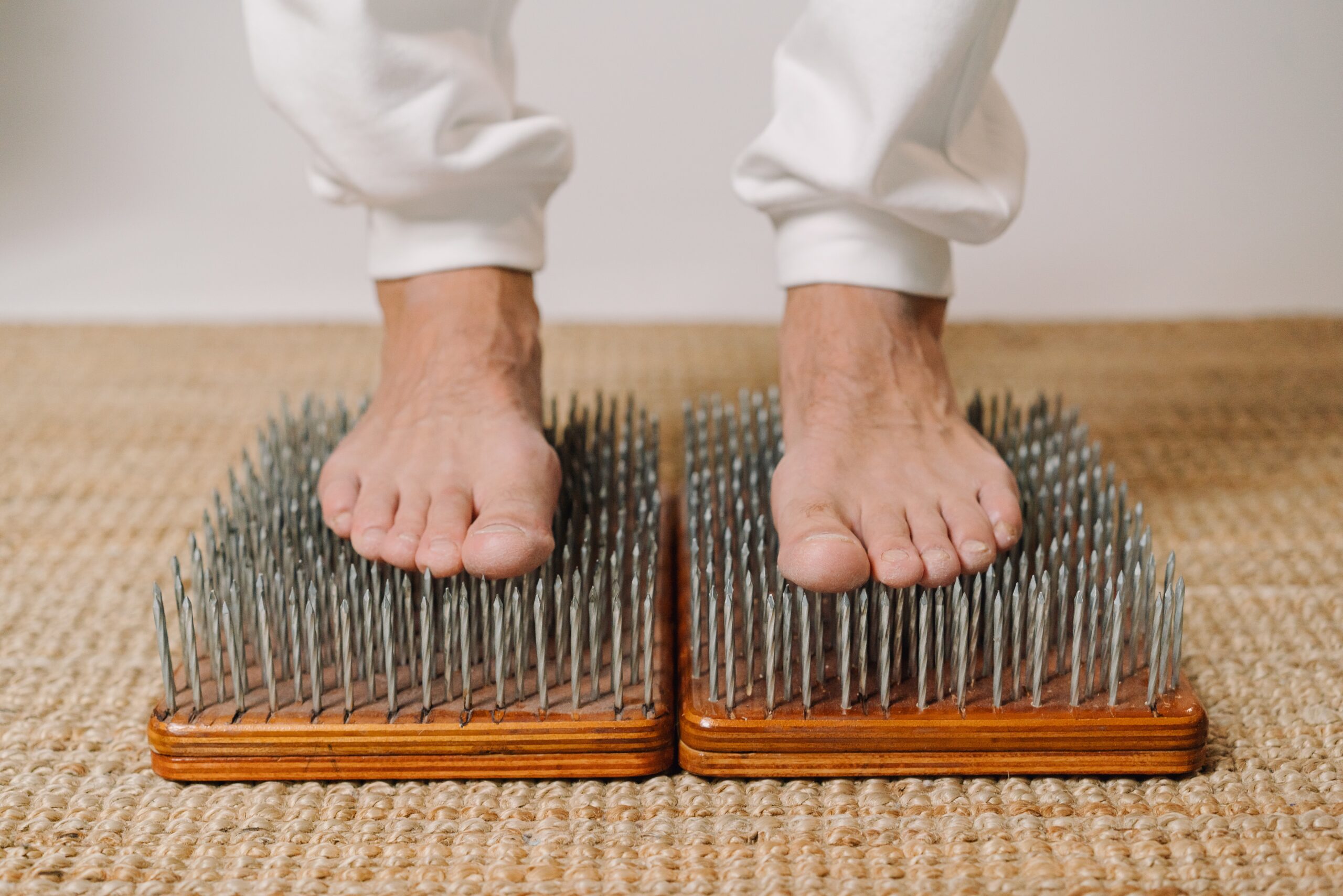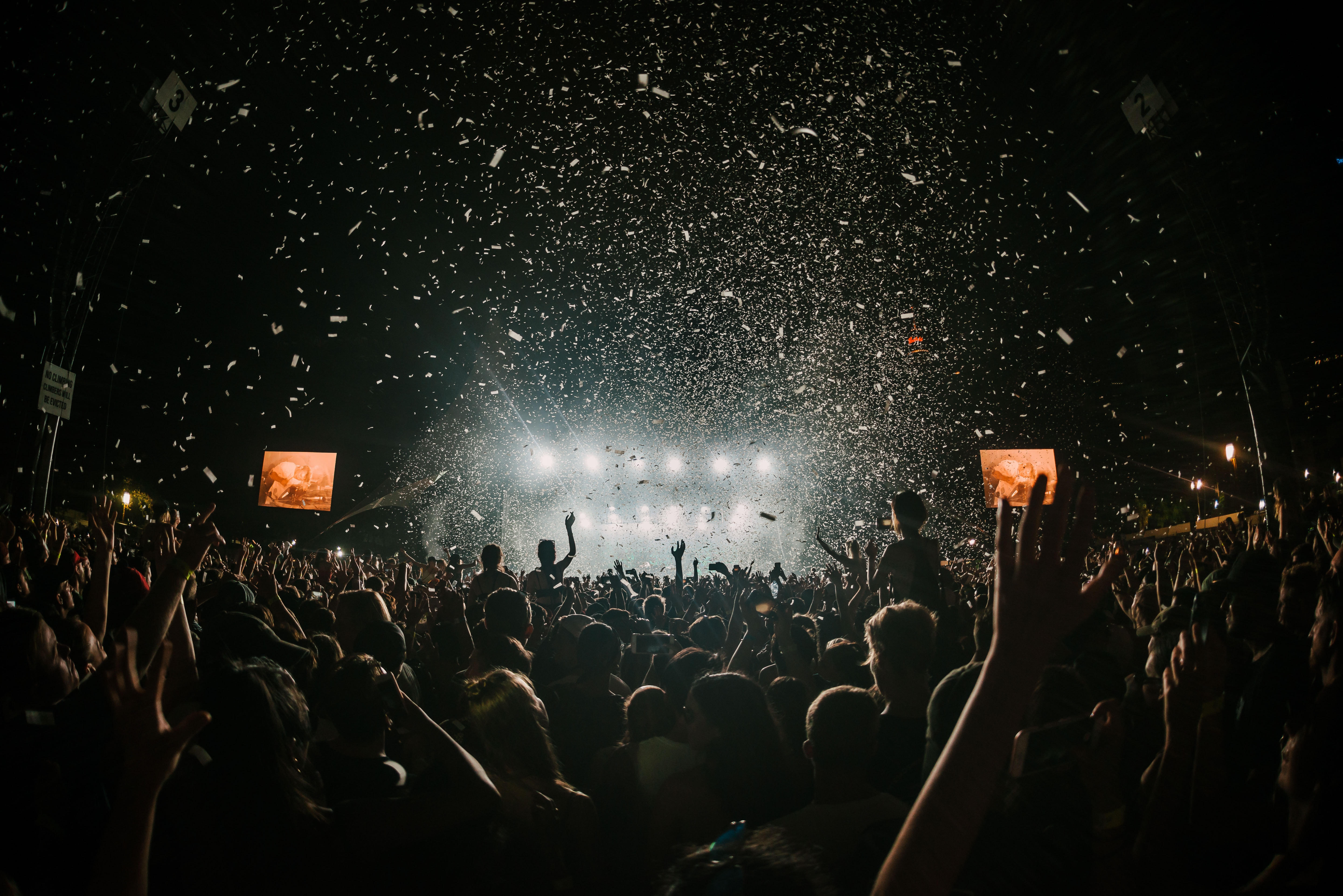
Well, maybe you do. Maybe you do in fact have insomnia in the same way that a person with obesity who fails to eat well and move often has a “slow metabolism”.
Yeah… now that I think about it, maybe you do have a unique case of incurable insomnia. Similar to how someone with back pain who fails to clean up their movement quality might chalk it up to having a “bad back”, you, my dearest internet friend, might be suffering from insomnia.
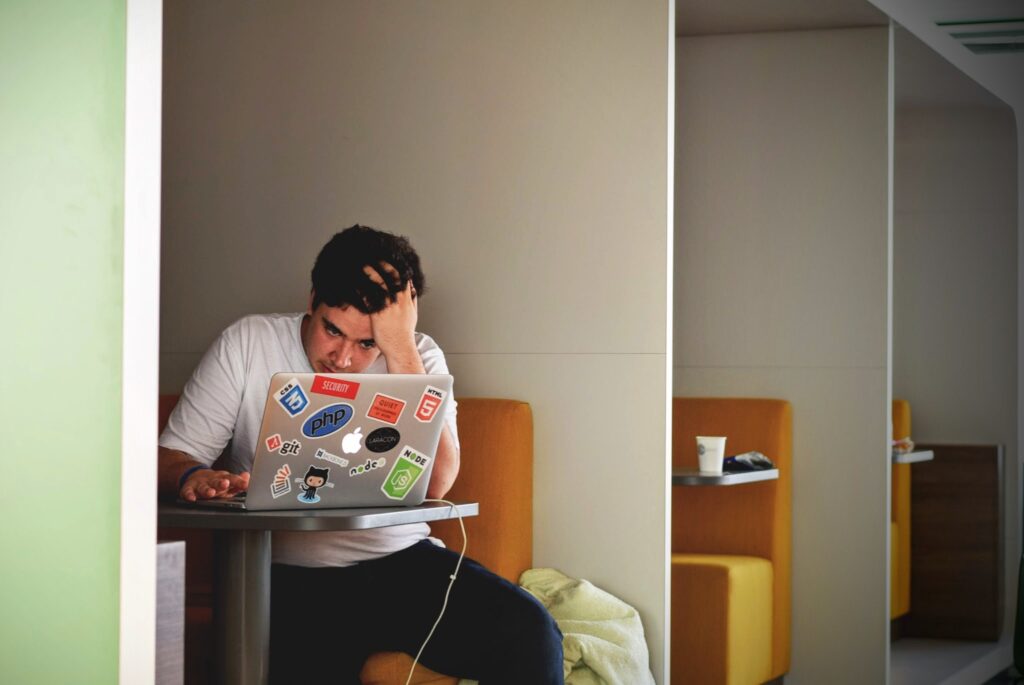
Okay… sorry for the excessive sarcasm but hopefully you get the point: Nobody can truly say that they have a unique, unfixable disorder until they’ve made a long-term concerted effort to address the basic lifestyle habits that may be causing said disorder.
This is especially true for sleep. Until you’ve taken the steps to fix your biological clock, manage your stressors, and unplug from the attention economy, you can’t say for certain that you have insomnia. In all likelihood, what you really have are poor lifestyle habits. More on that later, but for now let me give you the quick and dirty on why sleep is so important.
Why sleep is important
It’s the foundation of your health, above even exercise or nutrition. As a matter of fact, sleep improves your exercise and nutrition. When you get your zzz’s in, you can train harder and recover faster. You’ll find it easier to adhere to good eating habits, and your metabolism will flourish.
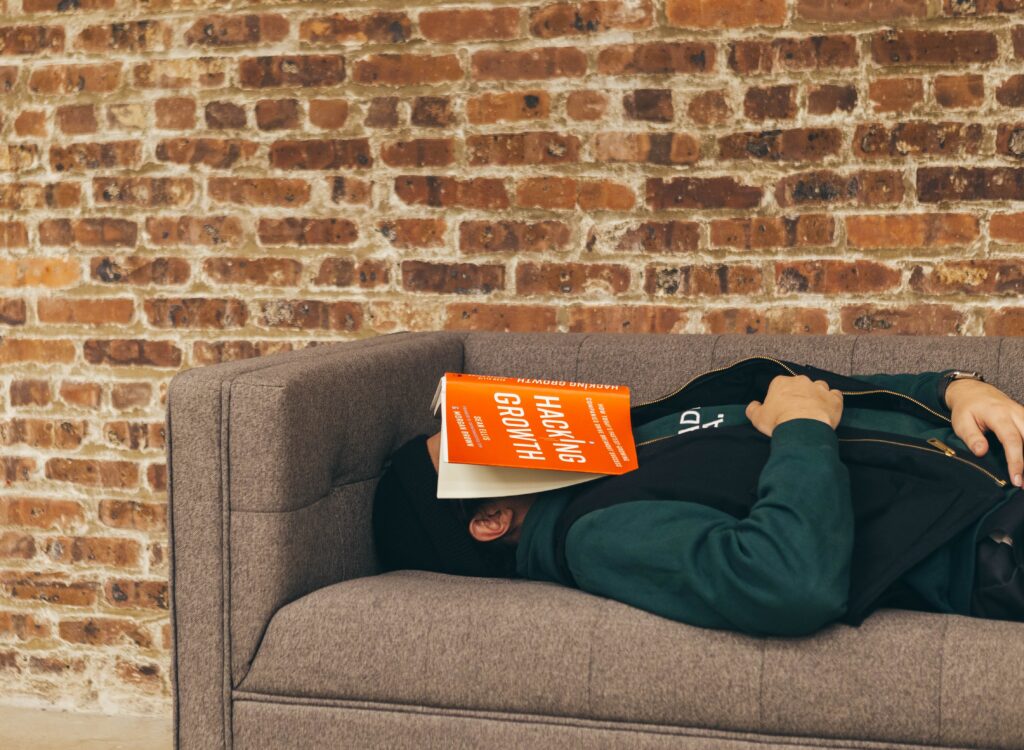
Health is a biopsychosocial phenomenon; how well does your body function, how sharp is your mind, and where do you fit into the community in terms of career, social support, and socioeconomic status? Sleep supports every bodily function, from immune function to digestion. Sleep keeps your mind sharp, helping you learn better, think faster, and feel happier. And I’m reaching a bit here, but in regards to improving social health, we can extrapolate the points listed above to say that sleep will undoubtedly improve your career satisfaction, grant you the energy to make new friends and strengthen existing ties, and increase your earning potential.
If you’re messing up your sleep, you’re messing up your health. You’re compromising your quality of life.
Poor lifestyle habits: The factors that conspire against your sleep
#1 – Not enough light in the morning. Light is the most powerful zeitgeber. No, it’s not a homomerotic German sex toy. Zeitgebers are cues that dictate your circadian rhythm – your body’s natural 24-hour clock. If you’re not leveraging the most important zeitgeber (among others like meal and exercise times), then your circadian rhythm, and subsequently your sleep, will surely be out of wack.
#2 – Too much light in the evening. Here’s a quick physiology lesson: Melatonin is one of the most important “sleepiness” hormones. The release of melatonin is suppressed by light. Think about all the gadgets in your home that emit light (yes, your phone, laptop, TV, and light bulbs all count). Unchecked use/exposure to those gadgets will ruin your ability to fall asleep.
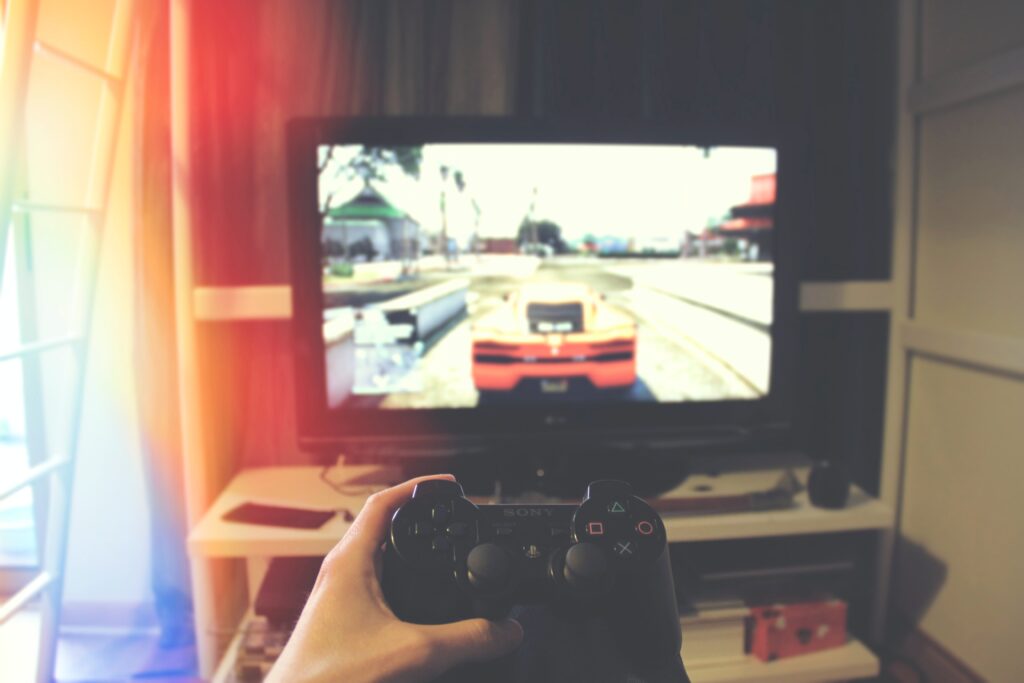
#3 – Inconsistent bed/wake times. Without going into too much detail, it’s a circadian rhythm thing. You are fighting against your body’s own internal clock if you fail to maintain a consistent bed and wake-up time. Weekends count too.
#4 – Substance use. If you’re new to my page, you might not know that I’m very pro-substance use, as long as it doesn’t harm yourself or others. Also, hello! Welcome to PK Health and Performance :). Anyways, let me give you the quick and dirty on some of the more common substances that people regularly use, and how they impact sleep quality. After that, the onus will be on you to make an informed decision about how you’re going to do your drugs (if at all).
- Caffeine. A nervous system stimulant that acts as an adenosine antagonist. Adenosine builds up in your brain throughout the day, and the accumulation of adenosine acts as a “sleep pressure” that makes you more tired as the day goes on. Caffeine suppresses adenosine, thus inhibiting your ability to wind down at the end of the day. The half-life (how much time it takes to metabolize half of the original dosage) of caffeine is roughly 6 hours. That means if you have your last cup of coffee (a medium-sized cup is generally ~80mg of caffeine) at 12pm, 20mg of caffeine will still be kicking around in your system as you try to wind down before bed.
- Alcohol. A nervous system depressant that acts as a GABA-ergic agonist. GABA depresses your nervous system, which is why many people claim that a drink or two before bed helps them fall asleep. The big downside of using alcohol to fall asleep is that it significantly impairs the two most important phases of sleep for physical recovery and cognitive function, respectively: Deep (stage 3 and 4), and REM (rapid eye movement) sleep.
- Benzodiazepines (think anti-anxiety pills like Xanax or Ativan). Nervous system depressants that physiologically act very similar to alcohol (which is why benzos are sometimes prescribed to help alcoholics wean off the drank, but I digress). Similar to alcohol, benzodiazepines significantly impair the quality of your sleep.
- Hypnotics (think of the classic “sleep aids” like Valium or Lunesta). As you drift into real sleep, your body runs through 90-minute cycles of: Stage 1, 2, 3, and 4, followed by REM sleep. Hypnotic drugs, on the other hand, make you feel like you’re asleep, when in reality you’re in a hypnotic state that provides no real physical or mental recovery benefit.
- Cannabis. Acts on the endocannabinoid system to promote [depending on strain and mode of consumption, any combination of] relaxation, euphoria, empathy, and/or creative thinking. Cannabis has been shown to improve deep sleep, and at the same time decrease REM sleep. In practical terms, cannabis can be a trade-off between improved physiological rest, and reduced cognitive function.
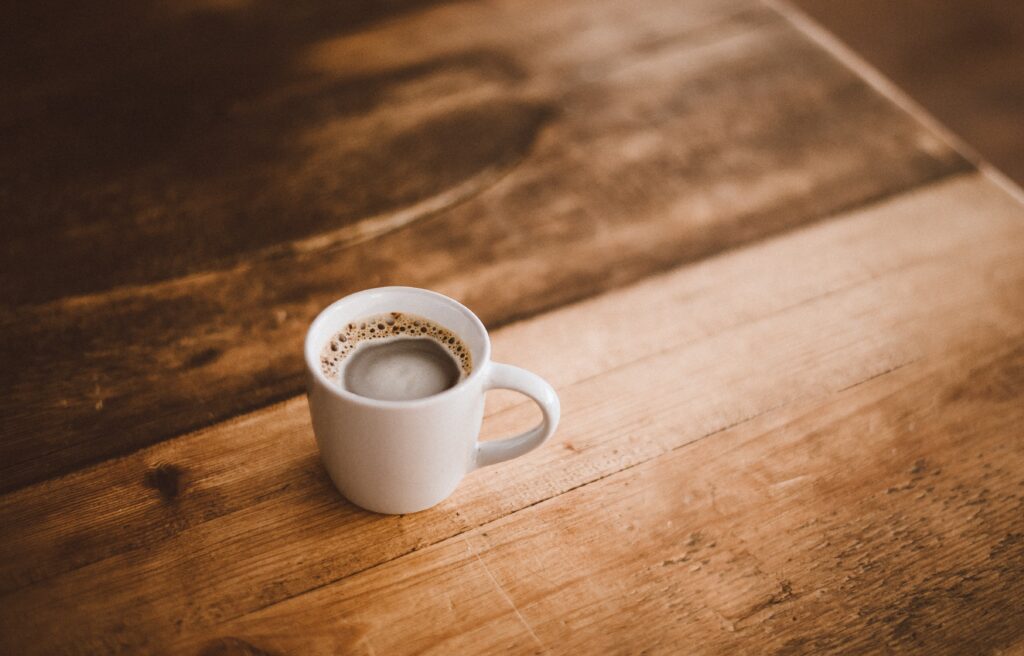
#5 – The attention economy. Your entire day is a firehose bukkake of a million and one different stimuli flying at your face in the form of emails, text messages, work obligations, and personal responsibilities. There is no “me time”. There’s no time to sit still and pay attention to the subconscious emotions and thought patterns that run incessantly in your head. And correct me if I’m wrong here, but aren’t those the same emotions and thought patterns that keep you up at night? Why then, after a long hard day, would you plug right back into the attention economy to further drive your psychology into a low-grade state of schizophrenic anxiety and rumination? Unplug. Reacquaint yourself with yourself in order to achieve a restful night of sleep.
#6 – Mistaking distraction for relaxation. Those anxious, ruminating emotions and thoughts that we just talked about? They can be awfully uncomfortable to face. And that’s precisely the reason why, in the hours leading up to bedtime, we tend to gravitate towards modes of distraction that take our minds away from the mental demons. It’s a completely valid short-term fix to address our anxieties and depressions. But it ultimately comes back to bite us in the ass, twice (one in the left cheek, the other in the right, and now your bed’s gonna feel uncomfortable AF to lay in). Firstly, those “relaxing” modes of distraction that you enjoy like Netflix, YouTube, or Instagram? Physiologically speaking, they don’t promote the slightest bit of relaxation. Strap a blood pressure cuff and heart rate monitor to your arm the next time you’re scrolling through your social media feeds and you’ll know exactly what I mean. Secondly, unchecked screen use prevents you from acknowledging the emotions and thoughts that always flood back into your mind the moment your head hits the pillow in the now impossible task of trying to fall asleep. Stop mistaking distraction for relaxation. Cultivate a truly relaxing bedtime routine.
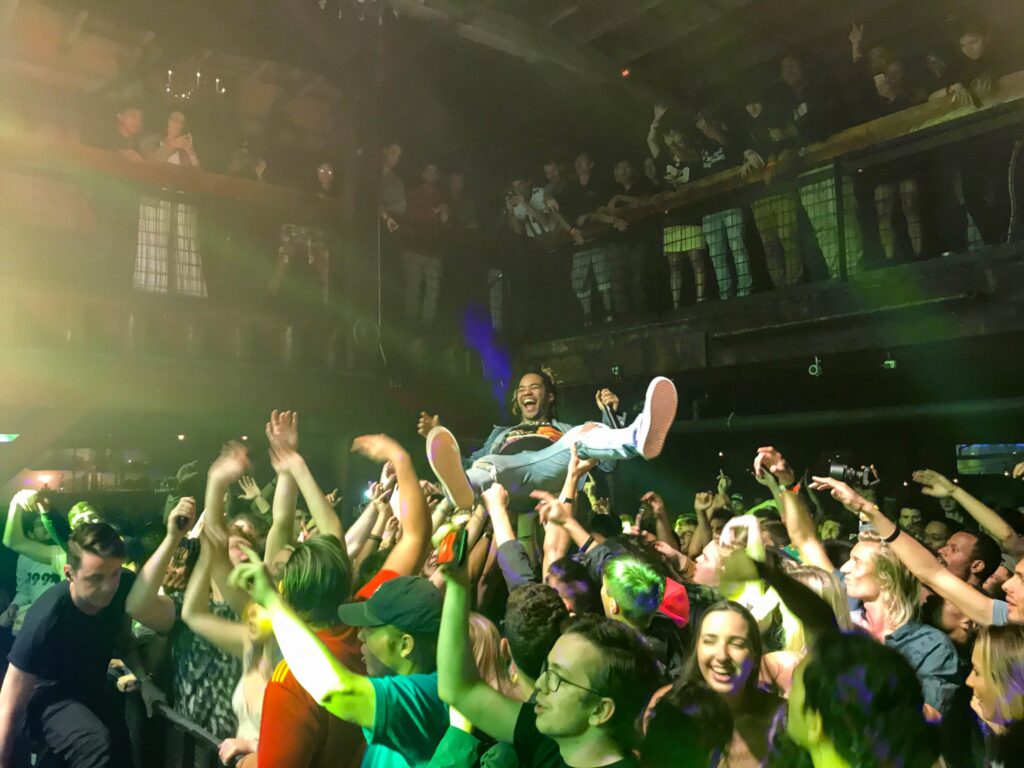
Once again, you DON’T have insomnia; the problem lies in your daily habits and behaviours.
So what do you do? Don’t stress. I got you.
A Sample Day of addressing your lifestyle-induced insomnia.
* If you were to try and wake at 6am and be asleep by 10pm, as an example.
6am: GET OUT OF BED – no snoozing. Brush your teeth, splash some water on your face, put your clothes on, and immediately get out the door for a quick 2-10 minute walk. Remember our discussion on light, zeitgebers, and circadian rhythms? That’s why.
12pm: If you’re a coffee person, this should be your cut-off point.
8pm: Unplug from ALL screens, begin dimming your lights, and do the hygiene bit of your evening routine (shower, floss, brush your teeth, etc.)
9pm: Fill the last hour of your day with easy physical activity (think foam rolling, stretching, or an evening walk), meditation, and journaling (I show you how to journal effectively here, and here) to offload all of the anxious thoughts that, left unaddressed, would be hijacking your ability to let go of the day and fall into a deep sleep. Once you crawl into bed, you can read to further lull yourself into a deeper state of relaxation (pro tip: read fiction as opposed to non-fiction to turn off the ruminating, analytical part of your brain).

So…. once again, in case it still isn’t clear: You don’t have insomnia. What you really have are sedentary, health-illiterate, attention economy-fuelled lifestyle habits. Thankfully, it’s an easy fix if you’re willing to put in the work (if you consider “work” to be spending more time outside and unplugging in the evening to give you the mental space to unwind).
Give the sleep habits listed above a try for 10 days straight and I guarantee that sleep will no longer be an issue for you. I promise you it’ll work. And if it doesn’t, I’ll send you a lifetime supply of Ambien, just email me your address and postal code.
Pat Koo
BKin, CSCS
Further reading…
- Babson, K.A., Sottile, J., & Morabito, D. (2017). Cannabis, cannabinoids, and sleep: A review of the literature. Current Psychiatry Reports. doi: 10.1007/s11920-017-0775-9.
- Mackenzie, B., Galpin, A., & White, P. (2017). Unplugged: Evolve from Technology to Upgrade Your Fitness, Performance, & Consciousness. Victory Belt Publishing.
- Monk T. H. (2010). Enhancing circadian zeitgebers. Sleep, 33(4), 421–422. https://doi.org/10.1093/sleep/33.4.421
- Walker, M. (2017). Why We Sleep: Unlocking the Power of Sleep and Dreams. Scribner.


